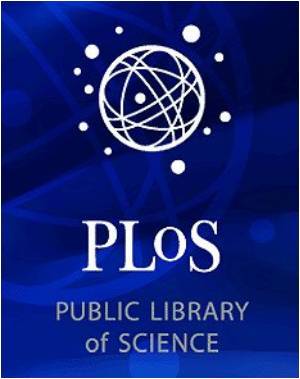he internet is a wonderful resource if used properly and there are some very informative and reliable health websites available if patients know what to look for.

Dr Bryan A Weber, an associate professor from the University's College of Nursing, said: "This discrepancy suggests that the majority of users accept web-based health recommendations in lieu of professional advice.
"The internet is a wonderful resource if used properly and there are some very informative and reliable health websites available if patients know what to look for."
And so the team have come up with an acronym - GATOR (genuine, accurate, trustworthy, origin and readability) - to encourage healthy surfing.
They are also encouraging patients to discuss what they have found on the internet with healthcare professionals, rather than using that information as a substitute for professional medical advice.
Dr Weber said: "Some people use the internet to find out more about medical conditions because they find it more convenient, less embarrassing or it enables them to avoid healthcare costs.
Advertisement
"Added to that, the majority of patients don't have the medical knowledge to evaluate the reliability of the advice they are being given.
He added: "The GATOR approach to assessing health information websites is an easy to remember strategy that requires few resources to implement and can be taught to patients in just a few minutes.
"We hope that it will encourage safer surfing and encourage patients to use the internet as a starting point for health discussions, rather than as a substitute for professional healthcare advice."
The approach has been discussed in the May issue of the Journal of Clinical Nursing.
Source-ANI
TAN




![Health Insurance Portability and Accountability Act [HIPAA] Health Insurance Portability and Accountability Act [HIPAA]](https://images.medindia.net/patientinfo/120_100/hipaa.jpg)





